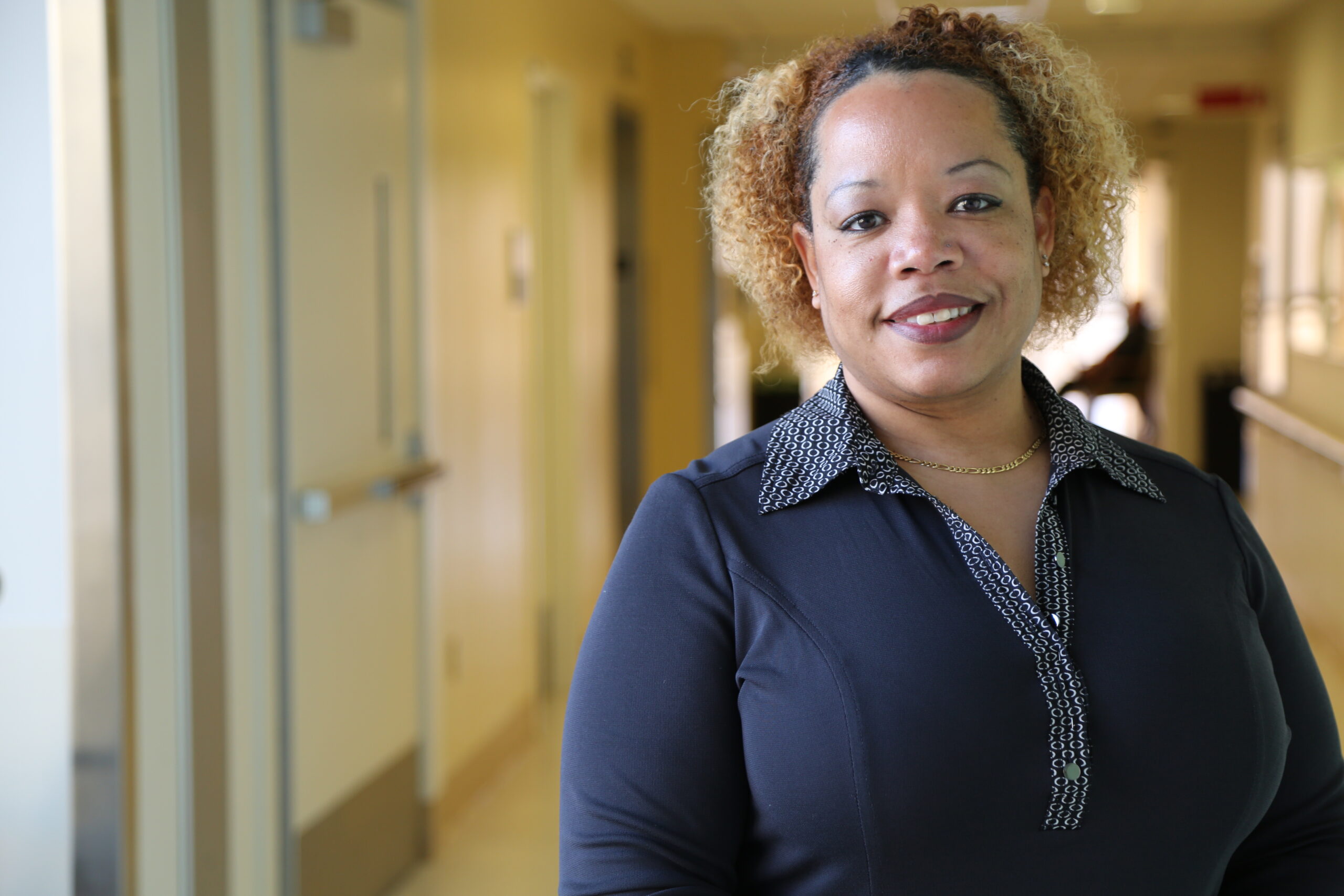Racial trauma, or race-based traumatic stress, is the cumulative effects of racism on an individual’s mental and physical health. Trauma induced anxiety arrests the vocal process and blocks the creative flow of authentic self-expression. The trauma affects the involuntary nervous system, body, brain, and memory function. It is hard to recognize this level of trauma therefore clients are mislabeled as oppositional defiant, difficult to engage, or resistant. A lack of knowledge compromises clinical discussions and outcomes. It is imperative for a safe environment to be created where individuals can be seen fully as they are, without pretense. People of color, traditionally, don't feel welcomed and tend to avoid mainstream clinical resources and consequently are unable to access much needed sometimes critical resources.
Learning Objectives:
April 8: Trauma and the Nervous System
Trauma affects the involuntary nervous system, body, brain, and memory function. It is difficult to recognize this level of trauma, therefore client’s trauma symptoms are often mislabeled or dismissed.
Objective: Learn how to identify and treat symptoms related to trauma in the body.
April 15: Racial Trauma
Race-based traumatic stress is the cumulative effect of racism on an individual’s mental and physical health. Trauma induced anxiety arrests the vocal process and blocks the creative flow of authentic self-expression.
Objective: Education on race-based trauma and how to recognize symptoms in clients, while assisting them in recovering their authentic voice and self-expression.
April 22: Who has Trauma?
If you were born and/or raised in the United States it is highly likely you have trauma. If this trauma is not addressed, it can get trapped inside your body. How trauma reveals itself varies from person-to-person and culture-to-culture.
Objective: Learn how trauma can invade the body and how symptoms of chronic trauma can affect individuals, communities and a culture.
April 29: Trauma Informed Care
Recognize the presence of trauma symptoms and acknowledge the role trauma may play in the division of this country.
Objective: Understanding generational, race-based trauma, how it can affect social division, and understanding the importance of your professional role with clients.

Sherronda Jamerson obtained a master’s degree in Clinical Psychology in 2012 from City University College in Seattle, WA, and became certified as a Chemical Dependency Professional in 2007. Her experiences include developing, implementing, and presenting EDI trainings to associations of healthcare professionals, healthcare providers, schools, and community-based organizations. She has also presented at state and national behavioral health conferences on the topics of DEI and Healthcare Equity. She presents with confidence and passion.
Physicians, physician assistants, primary care ARNPs, psychologists, and other health care providers may be eligible for CME or CEUs for completing the course. Retain your Certificate of Completion and verify its suitability for CME/CEUs with your licensing/credentialing entity. The University of Washington is an approved provider of continuing education for DOH licensed social workers, licensed mental health counselors, licensed marriage and family therapists, psychologists, substance use disorder professionals, nurses and physicians under the provisions of: WAC 246-809-610, WAC 246-809-620, WAC 246-811-200, WAC 246-840-210, WAC 246-919-460 and WAC 246-924-240.